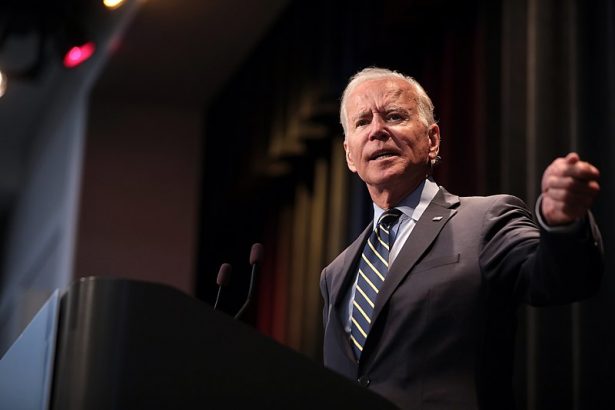BICOM’s sixth annual forecast is a guide for policy makers and opinion formers to issues and events that will impact the Middle East in 2021 and their potential strategic consequences.
A decade on from the so-called Arab Spring, the region still suffers from unstable, fractured, weak states with porous borders. As American troops drawdown in Iraq and Afghanistan, and successive administrations sustain the country’s retrenchment from the region, Russia continues its involvement in Syria, arms sales, and energy markets. The Biden administration does not view the Middle East as a priority, being forced instead to primarily focus on significant domestic challenges as well as climate change, NATO, China, and North Korea. Yet, Iran remains a threat and the administration has expressed its preference to return to compliance with the JCPOA nuclear agreement and potentially expand it. The administration will also undoubtedly encourage further normalisation between Israel and Arab states and seek to keep alive the two-state solution between Israelis and Palestinians.
The briefing outlines five major issues facing the region:
- The Biden administration’s approach to the Middle East in general, particularly how it may approach the main players in the Turkish-led axis (which includes Qatari monarchy and promotes a Sunni Islamic / Muslim Brotherhood ideology) and the ‘Pragmatic’ Sunni axis (the UAE, Jordan, Egypt, Saudi Arabia, Morocco, as well as – due to shared interests and concerns –Israel).
- US relations with Iran, particularly over the future of the JCPOA and the Islamic Republic’s nuclear project.
- The not so ‘shadow war’ between Israel and the Iranian Shia axis in Syria, Iraq, Lebanon, and Yemen and discusses the potential for escalation.
- The consolidation of the ‘Pragmatic’ Sunni axis following the series of normalisation deals between Israel and the UAE, Bahrain, Morocco, and Sudan.
- Domestic Israeli and Palestinian politics, and how the Biden administration may seek to keep the window open for a two-state solution.
Read the full briefing HERE.




































